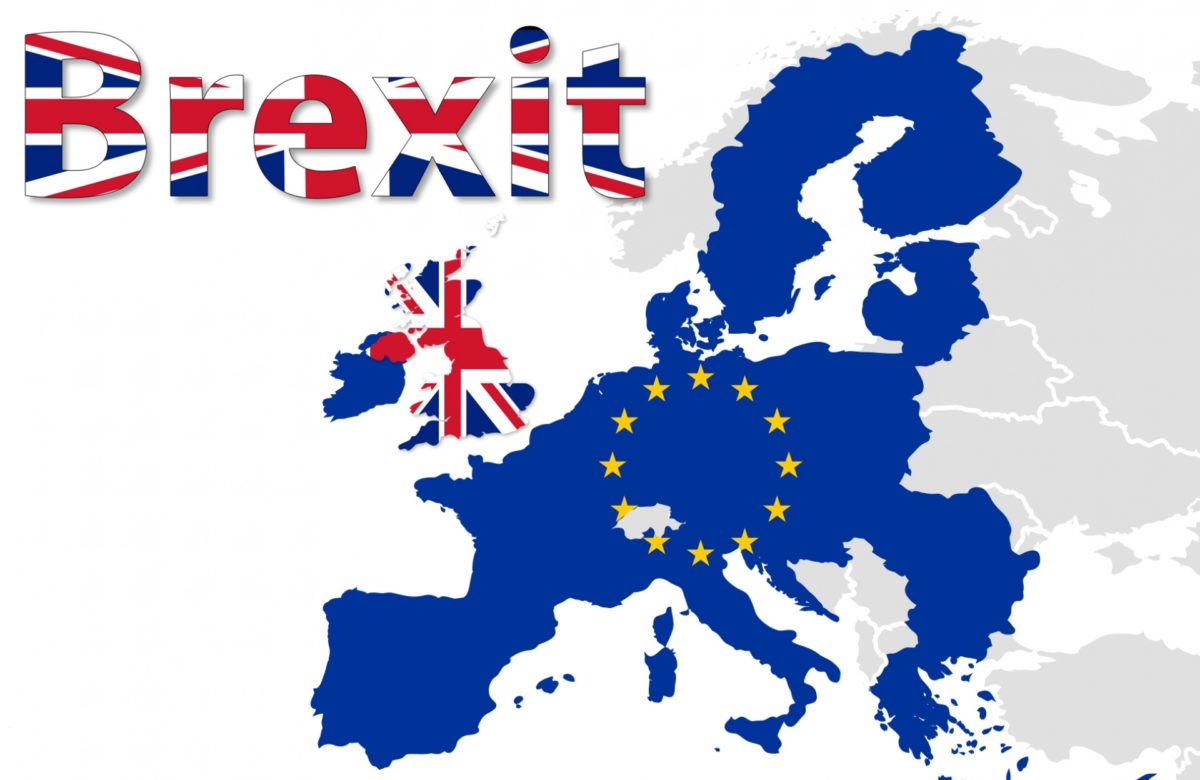The UK Should Prepare for a No-Deal Brexit
It is highly likely that the UK would leave the European Union immediately, in a period as short as overnight. Prime. On October 16, 2020, the British Prime Minister Boris Jonhson has warned that Britain needs to prepare for a no-deal Brexit. The no-deal Brexit process would mean massive readjustments for both the UK and the EU and, therefore, both must keep themselves prepared for the prospect.

What Does a No-Deal Brexit Mean?
If the UK exits the European Union under the no-deal scenario, it will leave the EU without any withdrawal agreements related to the separation process. The exit would take place instantly and would include the UK leaving all the trade arrangements among the EU member countries and membership of all EU institutions and bodies, including Europol and the European Court of Justice.
The UK must either pass the Brexit divorce plan into law, cancel Brexit, or obtain an extension for the deal from the EU. Thus, if an extension is not granted and a deal cannot be reached between the UK and the EU by October 31, 2020, the trade terms starting January 1, 2020, will be similar to those with Australia. This means that the terms will be guided by the World Trade Organisation and based on global free trade.
Implications of a No-Deal Brexit
Impact on Trade: If the UK exits the EU without a deal, the trade terms would include tariffs and quotas. The EU will apply third-party tariffs and quotas to goods coming from the UK, and vice versa. As a result, the UK will end up paying much higher taxes for selling their products to the EU. On average, the tariffs will be 11.1% for agricultural goods, 35.4% for dairy, 15.7% for animal products, and 10% on cars. Thus, a no-deal Brexit is expected to hit trade relations, prices of goods and services, and public finances of the UK massively.
Effects on Individuals: Residents of the UK will also be affected in many ways by a no-deal Brexit. The trade tariffs and quotas would mean a dramatic rise in the prices of commodities and electricity and gas supplies, increasing the cost of living. Additionally, individuals could also face concerns over the availability of certain products, including medicines and other necessities like fruits and vegetables. A no-deal Brexit would also impose travel restrictions and make travelling across border complicated, more expensive, and more time-consuming.
Impact on Pensions: A no-deal Brexit would mean that the UK economy gets negatively affected and pound sterling weakens. The stock prices will also bear the brunt of the falling economy. Correspondingly, if your pension is invested in the UK-based companies, the investments may not perform as expected, and the pension pot for retirement could reduce. The no-deal Brexit could also affect employers’ profits and thus impact the defined benefit pension plans. The state pensions are less likely to bear the consequences, but certain agreements may get in jeopardy and face uncertainties related to pensions.
Preparations Under Way
Most analysts and economists believe that a no-deal Brexit would cause economic damage to the UK and may lead to a recession. The UK government, individuals, and businesses are expected to be hit hard. Therefore, the government is preparing to soften the impact of the blow as much as possible.
The UK government has pledged an extra £2.1 billion on planning for a no-deal Brexit and preparing itself and the country for the consequences. The government has plans in place to prevent The Port of Dover and other transit ports from blocking up, with fallback options and routes to divert traffic. The healthcare, food and vegetables, and utility companies have been asked to stock up to withstand the supply disruptions.
Thus, a no-deal Brexit can present significant challenges to the UK economy, government, and residents. However, preparations are underway to manage the consequences and reduce the impact as much as possible.
